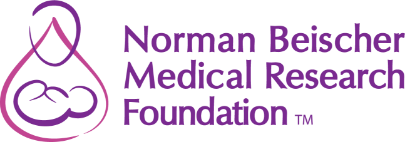The 2024-2026 Norman Beischer Clinical Research Fellowship has been awarded to Dr Teresa MacDonald to tackle preventable stillbirth. Most stillbirths happen because the baby’s life support system – the placenta – functions poorly. Most stillbirths occur late in pregnancy, when – if the baby was known to be at higher risk – it could be monitored and delivered. And saved. The challenge is that currently, we detect less than 30% of at-risk babies. We fail to reduce stillbirth because we lack tools to identify the failing placenta, and the small baby.
With the Fellowship’s $600,000 funding, Teresa will develop 3 ‘Checkpoints of Placental Health’ across pregnancy to better identify babies at risk, so they can be closely monitored, and delivered before disaster strikes. “The NBMRF Clinical Fellowship will allow me to fast-track this research to get tools that better identify risk into the clinic, to really make a difference to families.” Dr MacDonald said.
As an Obstetrician and Gynaecologist at Mercy Hospital for Women, Teresa can imagine her work being applied on a daily basis. “In absolutely every antenatal clinic we endeavour to identify babies at risk, and make recommendations about timing of birth. It can be tough balancing the desire to continue a pregnancy and await spontaneous labour against increasing stillbirth risk as gestation advances. I am so thrilled that with the Foundation’s support, I will be able to develop tools to aid this decision making in an evidence-based way.”
Teresa’s overarching aim is to translate her research findings into clinical tools that become a routine part of antenatal care. She aims to use her profile as obstetrician, researcher and educator to communicate this work effectively, to see it implemented, and ultimately she hopes, to save lives.
